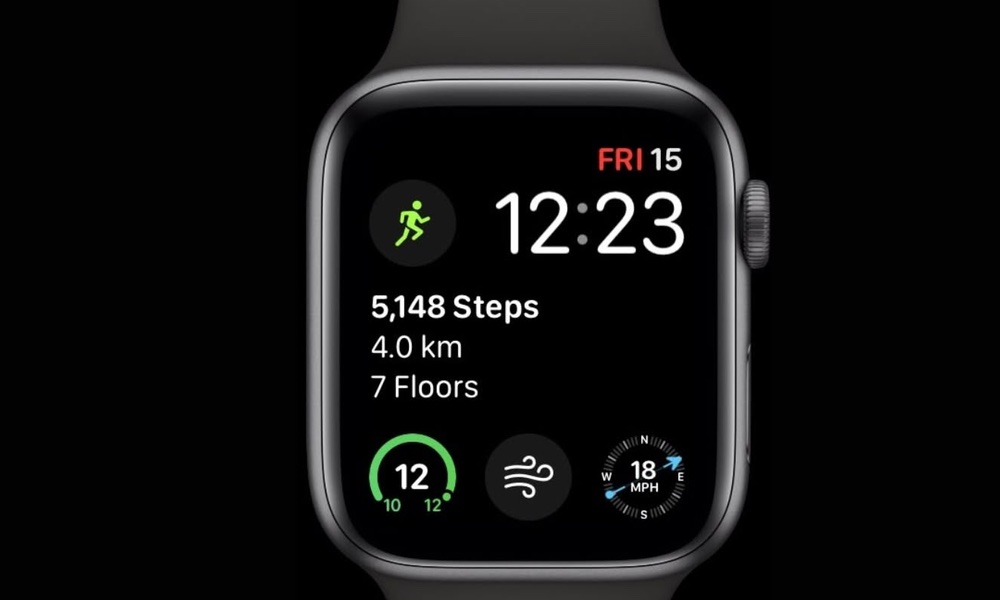From checking the health of an unborn baby to testing blood flow through the arteries, ultrasound has been used for years to safely look inside the human body without the radiation that accompanies a CT scan. Now there are findings suggesting that when applied to the brain, ultrasound can also improve mood.
The human ear can hear sounds ranging from 20 to 20,000 cycles (hertz) per second. Ultrasound is higher frequency sound waves, often millions of cycles per second, which are inaudible to the human ear. Low to moderate intensity ultrasound has been used to provide images of nearly every part of the body, including the brain and can stimulate neurons. High intensity focused ultrasound can be dangerous, damaging tissue. It is sometimes used to destroy tumors and other lesions.Chronic pain patients had ultrasound administered in two sessions. They reported improved mood and reduced pain after receiving ultrasound treatment but not after receiving placebo.
This isn't the first study to suggest that ultrasound can affect the mind. Back in 2002, a group of researchers at UCLA noticed beneficial side effects in psychiatric patients whose brains had been imaged by ultrasound. Since then, researchers have noticed that ultrasound can cause behavioral changes in animals, including one study that used focused ultrasound to make mice wag their tails. But there have been few if any clinical trials in humans until now.
Microtubules are fibrous, hollow rods found inside of cells. They serve many vital functions. They help support a cell and give it its shape, much the way the bones of the arm and the leg give those body parts their shape. They also act like railroad tracks, guiding the transportation of nutrients, proteins and larger items within a cell.The authors believe that microtubules in every cell resonate naturally and that ultrasound enhances this, boosting mood and possibly synaptic plasticity, nerve growth and repair.
While all this is far from certain, the authors plan further studies of ultrasound on traumatic brain injury, Alzheimer's disease and post-traumatic stress disorder to see if tuning the tubules can indeed help a variety of cognitive disorders.
The study appears in the May issue of Brain Stimulation .




